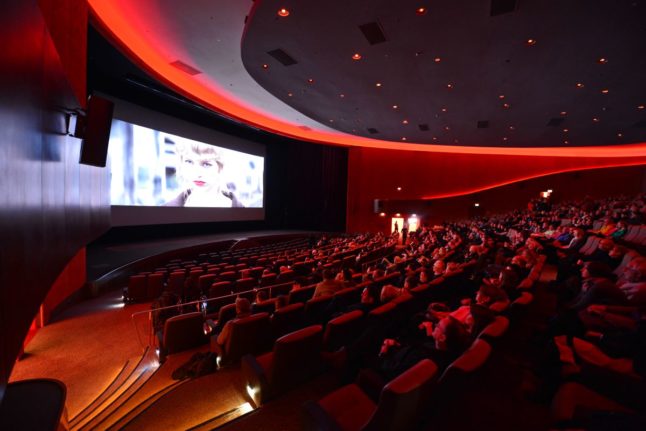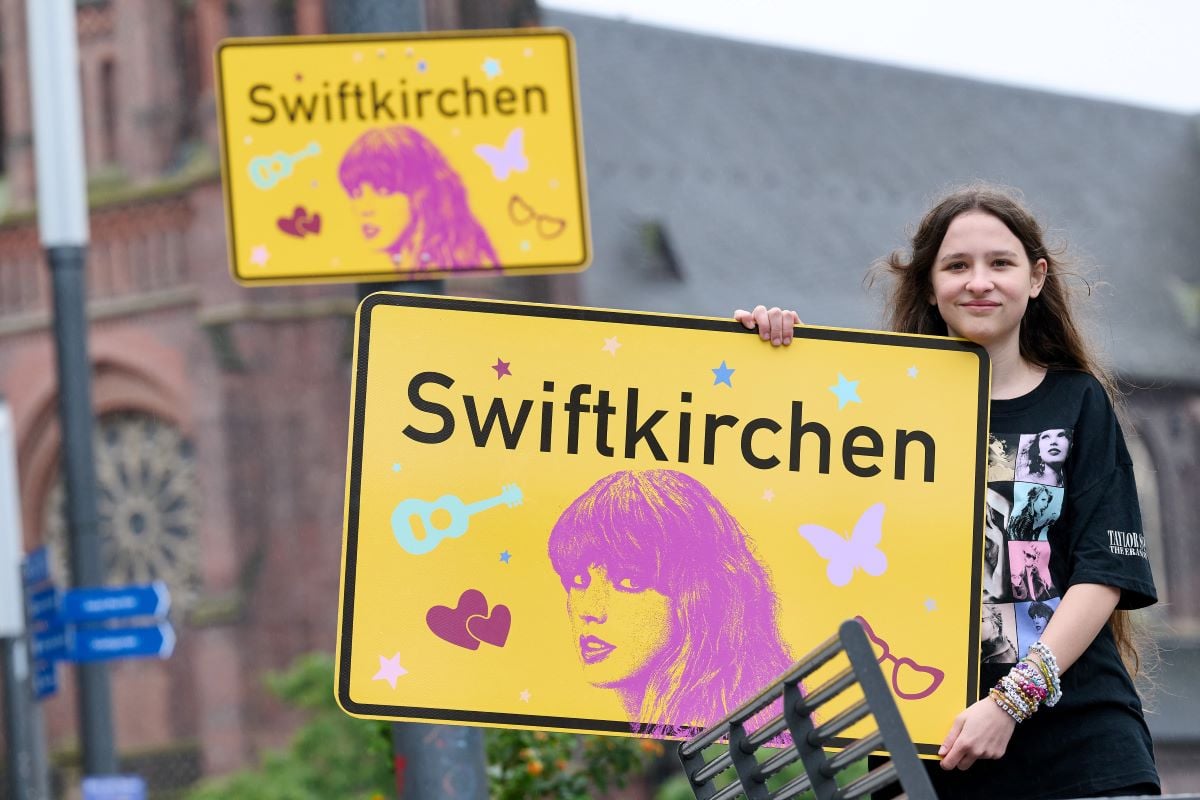Seeing a film im Kino (at the movie theatre) in Germany can be an interesting experience for visitors and newcomers in the country.
First you’ve got to filter screenings according to your language preferences. Many foreign residents in Germany may have had the experience of showing up for a movie and sitting through 15 minutes of previews only to realise that the English film they’ve selected is actually dubbed in German language.
For the record, pay attention to the markings: OV (original version), OmU (original version with German subtitles) or OmeU (original version with English subtitles).
Language issues aside, it’s the variety of German Kinos that really sets the experience apart.
The majority of theatres in the US, for instance, are massive complexes with giant screens, offering IMAX and 3D screenings. Germany has these modern theatres as well, but it also loves its smaller theatres, some of which are historical, some are combined with a café or bar, some have elegant carpets or painted ceilings, and some are quite literally in a dingy basement.
If you appreciate Germany’s unique cinematic atmosphere, you’ll be excited to learn about a new app, which is introducing a subscription model for cinema.
Endless movies tickets for a monthly rate
Starting in October this year, subscribers will be able to book as many movie tickets as they want for €12.50 a month with the Cinfinity app.
Subscribers will have access to films at participating theatres across Germany. Currently the company is encouraging potential subscribers to let their favourite cinemas know that they can register with the app.
According to its website, Cinfinity “consists of a team of cinema-loving specialists”, and is funded by the Federal Film Board (FFA).
The subscription will be available for a minimum period of four months, after that it would automatically renew on a monthly basis. The service will be open to all adults in Germany from the age of 18.
A bid to bring traffic back to movie theatres
Movie ticket sales have steadily decreased in recent years in Germany, and small Kinos in particular are struggling.
Visitor numbers have been rising since the Covid pandemic years, but they are still down compared to the early 2000s.
According to the FFA, 95.7 million tickets were sold in Germany in 2023, compared to 78 million the year before. But in 2001, in comparison, cinemas in the country saw 178 million visitors.
Inflated cost of living prices certainly account for some of that loss of traffic, including the rising cost of movie tickets themselves. According to Berliner Zeitung, two tickets for the Pixar animated film Inside Out 2 in 3D at the cinema at Berlin’s Kulturbrauerei were going for €54.
Also eating into movie theatres’ profits are streaming services that allow people to watch a huge selection of films in the comfort of their own homes.
With those factors in mind, perhaps a subscription offer is exactly what theatres need.




 Please whitelist us to continue reading.
Please whitelist us to continue reading.
Member comments